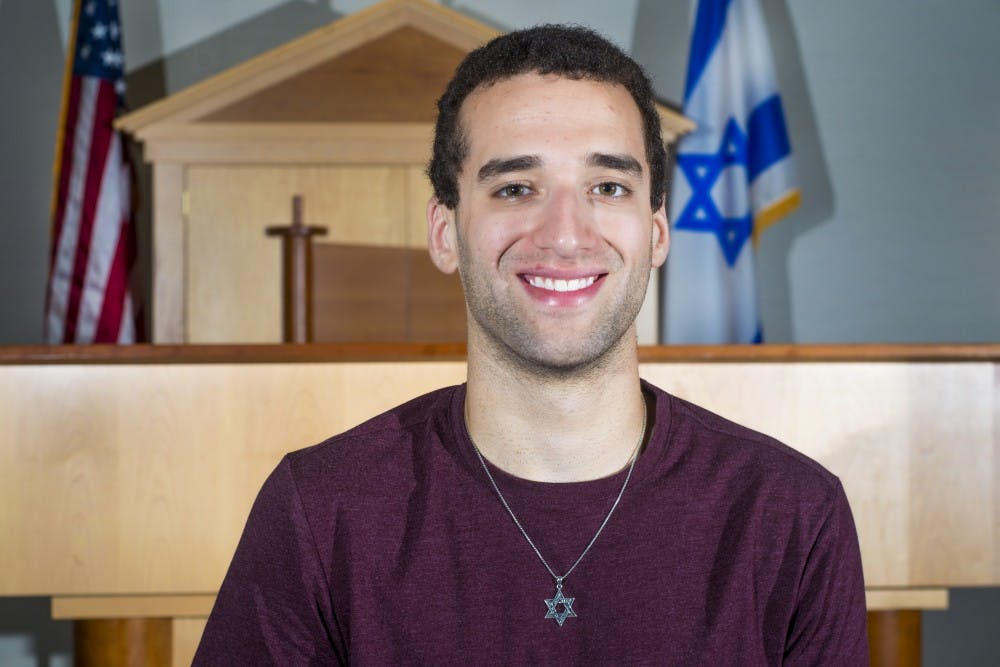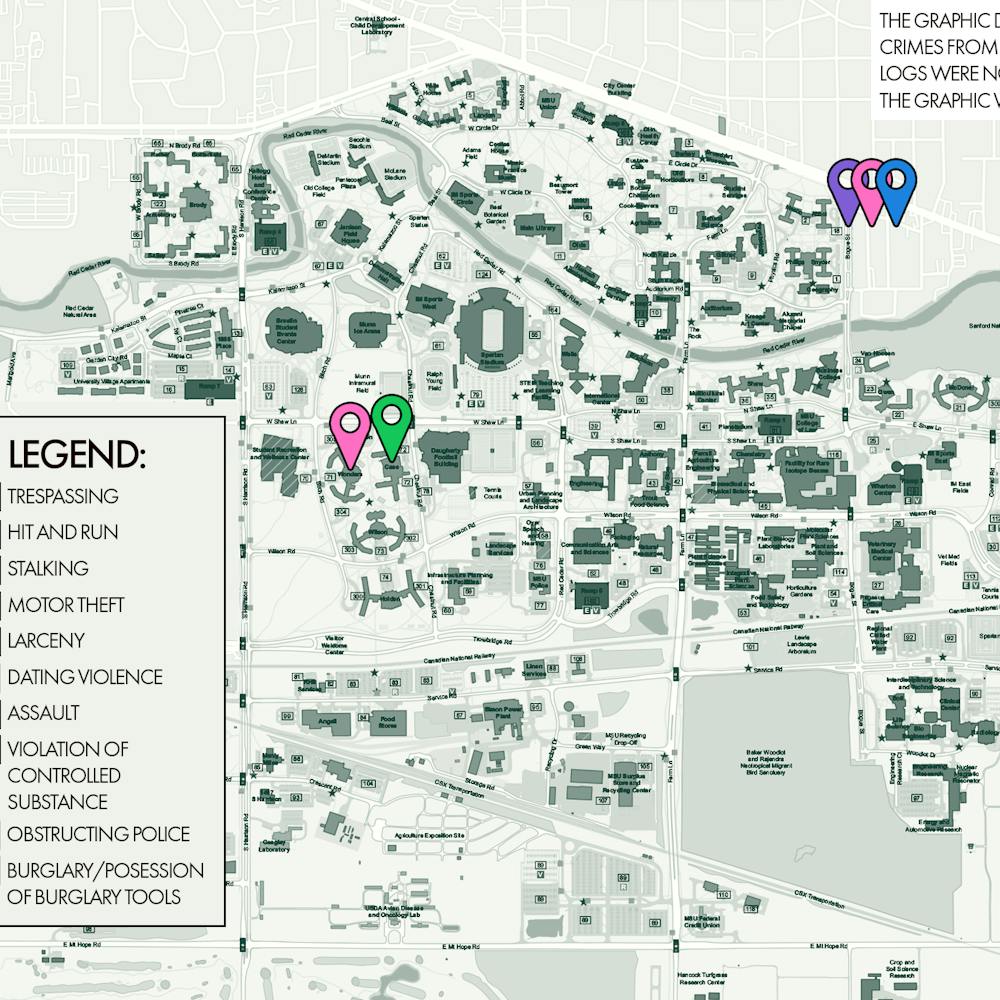Two of the biggest holidays on the Jewish calendar began Oct. 2 and Oct. 11 at sunset this year: Rosh Hashanah and Yom Kippur. This time of year is referred to as the High Holidays, and is typically associated with all-day services for those practicing the Jewish faith.
This year, some students like secondary biology education senior Ian Zaback said they were also associated with classes and stress.
Zaback said the 10 days apart are imperative for reflection and Yom Kippur, a day of fasting, is supposed to invoke emotion in the participant.
“As you go through that experience, you have some sort of empathy for people who do not have all that much to eat and that sort of thing,” he said. “You’re supposed to try and apply meaning to what you’re doing rather than just do it. But it’s called the day of atonement, and all of the special prayers center around this sort of communal responsibility regarding apologizing for the things that we have done over the past year and kind of reflecting on who we want to be going forward.”
Zaback said these two special holidays are the ones on the Jewish calendar, which goes by a lunar calendar, people are most likely to take time off work or school.
However, that is not always possible for college students who are trying to balance school, extracurriculars and a social life.
“The second day of Rosh Hashanah I didn’t do anything to celebrate because the day was so busy and I couldn’t afford to miss anything,” Zaback said.
Both Rosh Hashanah and Yom Kippur are time intensive holidays, often having services through the entirety of the day. The Hillel Jewish Student Center offers these services all day.
Psychology junior Lisa Norling said her class schedule was interwoven with the services held for Rosh Hashanah and she was unable to make it to them.
Norling had an exam later in the week that she had to study for. She said she thought about rescheduling in light of the holiday, but in the end she didn’t think the professor would have permitted it.
“It would just be like, oh I have one missed day of studying and then I feel like then there would’ve been the excuses of you would have ‘x’ amount of days before the exam and you could’ve prepared sooner,” she said. “But at the same time, he doesn’t give the study guide until the day and a half before the exam so then it becomes a little challenging that way.”
Norling said if students are persistent in getting excused because of the holidays, the Hillel Jewish Student Center offers Jewish students official notes that explain the High Holidays and other holidays that might cause students to miss class so they can give the note to their professors.
However, according to an excerpt from the Academic Programs Catalog, the claim of a religious conflict should be taken at face value because of the growing multicultural population at MSU.
According to the Academic Programs Catalog, “The faculty and staff should be sensitive to the observance of these holidays so that students who absent themselves from classes on these days are not seriously disadvantaged. It is the responsibility of those students who wish to be absent to make arrangements in advance with their instructors.”
Applied engineering sciences junior Stephen Lipshaw said when it comes to this time of year, it’s all about balance.
“You know it’s this whole conflict of trying to balance schoolwork and classes and going to services and whatnot,” Lipshaw said on Yom Kippur, Oct. 12 this year. “For example, today I couldn’t go to services that started earlier this morning, but there are some that start at 5:30 that I’ll go to and then I’ll break the fast because today, you know you don’t eat.”
Lipshaw said because of the way he was raised, he usually tries to observe the traditions of his religion. However, he said it’s acceptable to make exceptions in some cases. On the morning of Yom Kippur, Lipshaw had a job interview with Ford Motor Company. Although those of the Jewish faith are not supposed to eat or drink on this day, Lipshaw said this was an acceptable exception.
“So with that I did eat,” he said. “I was eating before. But once the interview ended I stopped for the fast because it’d be kind of silly to fast for an interview that could potentially lead to many employment opportunities.”
Along with Rosh Hashanah and Yom Kippur, another Jewish holiday that might interfere with academics is Passover. Passover will begin April 10, 2017 in the evening and will end on the evening of April 18, 2017.
Zaback said that it’s upsetting that Jewish holidays are not as regarded as other religious holidays.
“Even though those holidays are slightly less significant than the High Holidays, there’s still this profound sense of injustice that we are required to go about our everyday lives while observing these holidays while for Christian holidays those are just off,” he said. “This overall idea that, ‘oh we would never stop you from taking time off for Christmas.’”







